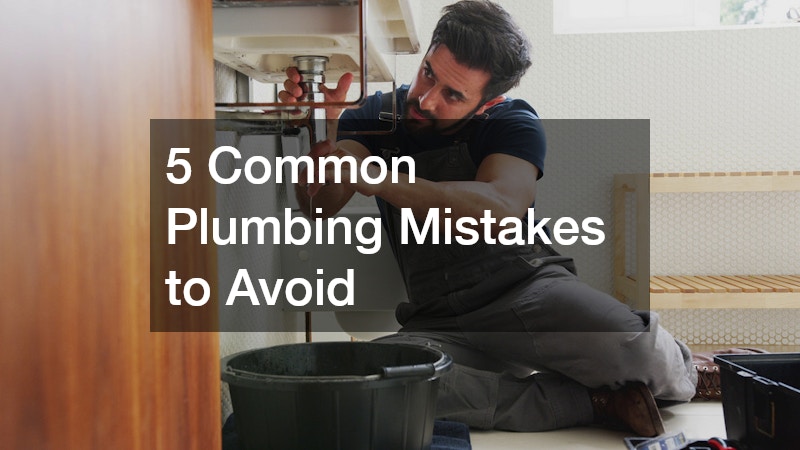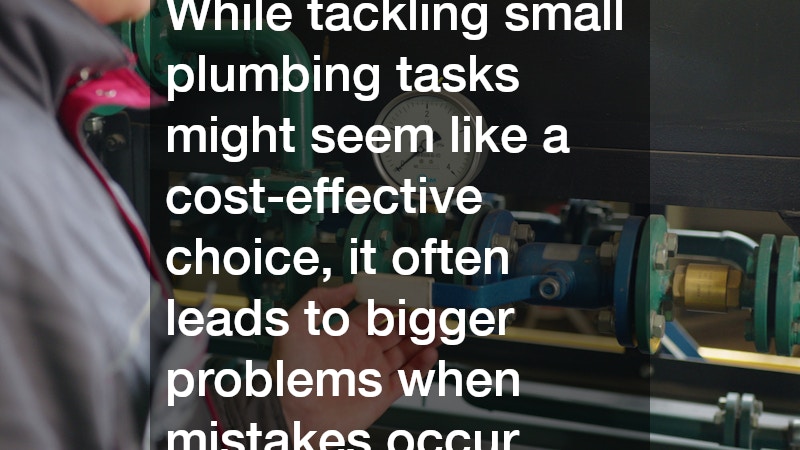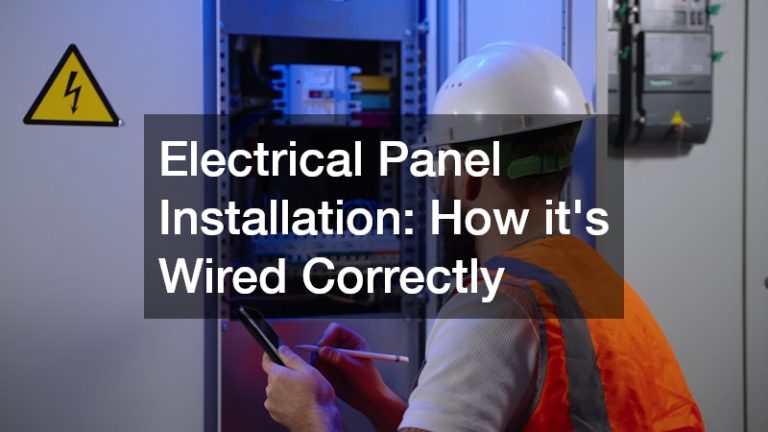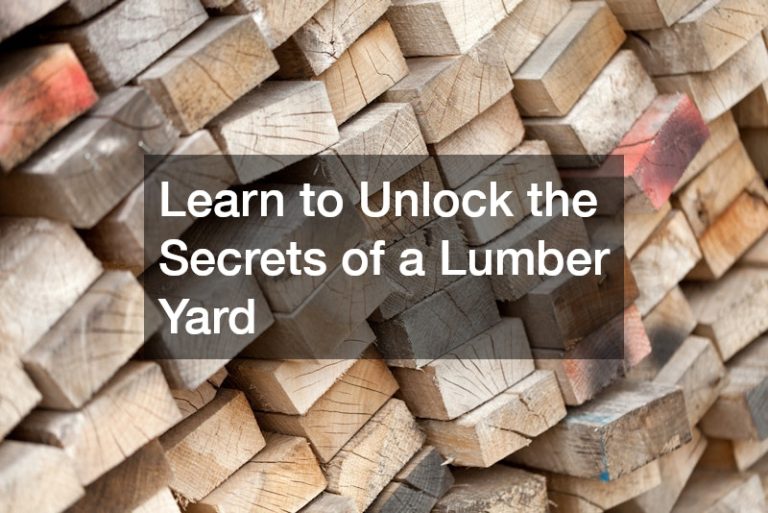
Homeowners often attempt to handle plumbing issues themselves to save money or time. While minor tasks such as tightening a leaking tap or unclogging a sink can seem straightforward, plumbing is a complex system where simple errors can lead to costly repairs and damage. Understanding the most common plumbing mistakes can help property owners maintain their plumbing system and avoid unnecessary headaches. In many cases, reaching out to qualified plumbers is the wisest choice. DIY repairs might appear convenient at first, but without the right knowledge, they often lead to complications that could have been prevented with professional assistance.
Even a small oversight can result in long-term consequences for your home’s safety and value.
Overtightening Fittings and Connections
A common error made by many DIY enthusiasts is overtightening pipe fittings and connections. It might seem logical that making fittings as tight as possible will prevent leaks, but in reality, this practice can lead to cracked fittings, stripped threads, or broken seals. Especially with plastic or brass components, excessive force can weaken the materials, eventually causing them to fail under pressure. When connections break, they can cause significant water leaks behind walls or under sinks, resulting in structural damage and mould growth. Proper installation requires a balance of firmness and care and professional plumbers are trained to apply the appropriate torque for each material and joint type.
Using Mismatched Pipes
Another mistake that frequently occurs during plumbing repairs or installations is the use of mismatched pipes. Not all pipes are designed to work together and combining different materials without the correct fittings can cause galvanic corrosion, leaks and system inefficiencies. For example, connecting copper pipes directly to galvanised steel without a dielectric union can accelerate corrosion and reduce the lifespan of both pipes. Incompatibility between pipe types can also impact water pressure and quality. Experienced plumbers are well-versed in compatibility guidelines and understand how to safely connect different types of piping using the right adaptors and fittings, preserving both performance and durability.
Improper Use of Drain Cleaners
Chemical drain cleaners are often used as a quick fix for clogged drains. While they might provide temporary relief, their harsh chemical composition can damage pipes over time, particularly in older plumbing systems made from cast iron or PVC. Overuse of these products can erode pipe linings and joints, eventually causing leaks or full system failures. Furthermore, the fumes they release are hazardous to humans and pets. Mechanical methods such as plungers or plumber’s snakes are safer alternatives for minor clogs. For recurring or severe blockages, it’s best to consult qualified plumbers who can identify the root cause and apply safe, long-term solutions without compromising your plumbing system’s integrity.
Ignoring Water Pressure Issues
Many homeowners overlook or dismiss fluctuations in water pressure, assuming it’s a minor inconvenience. However, inconsistent or excessively high water pressure can stress pipes, joints and appliances over time. It can cause leaks in hidden areas, such as behind walls or beneath floors, going unnoticed until significant damage has occurred. In contrast, low water pressure may indicate underlying issues such as blockages, corroded pipes, or a malfunctioning pressure-reducing valve. These are not problems that typically resolve on their own. Proper diagnosis and correction require the tools and expertise that professional plumbers bring. Monitoring and maintaining correct water pressure is essential for protecting your plumbing infrastructure and extending the life of fixtures and appliances.
Incorrect Installation of Fixtures
Another common pitfall in DIY plumbing is the improper installation of plumbing fixtures such as taps, toilets and dishwashers. Even small misalignments can lead to leaks, water wastage, or malfunctioning units. For instance, a toilet that isn’t seated correctly can rock back and forth, compromising the wax seal and allowing water to leak onto the floor. Similarly, incorrectly installed dishwashers may not drain properly, leading to standing water and potential flooding. These errors can void warranties or create safety hazards. Qualified plumbers follow best practices to ensure all components are correctly positioned, sealed and tested before use. Their meticulous approach minimises the risk of future issues and supports compliance with plumbing regulations.
Trust the Professionals to Avoid Mistakes
While tackling small plumbing tasks might seem like a cost-effective choice, it often leads to bigger problems when mistakes occur. Overtightening fittings, using incompatible materials and relying on harsh chemicals are just a few of the issues that can compromise a plumbing system. Ignoring signs like fluctuating water pressure or installing fixtures improperly can also lead to extensive repairs and higher expenses. Homeowners are encouraged to recognise when a job exceeds their knowledge and skills. Seeking the guidance of trained plumbers not only ensures work is performed to a professional standard but also protects the long-term value and safety of your property. In the end, relying on experienced plumbers is not just about avoiding mistakes—it’s an investment in your home’s plumbing future.



